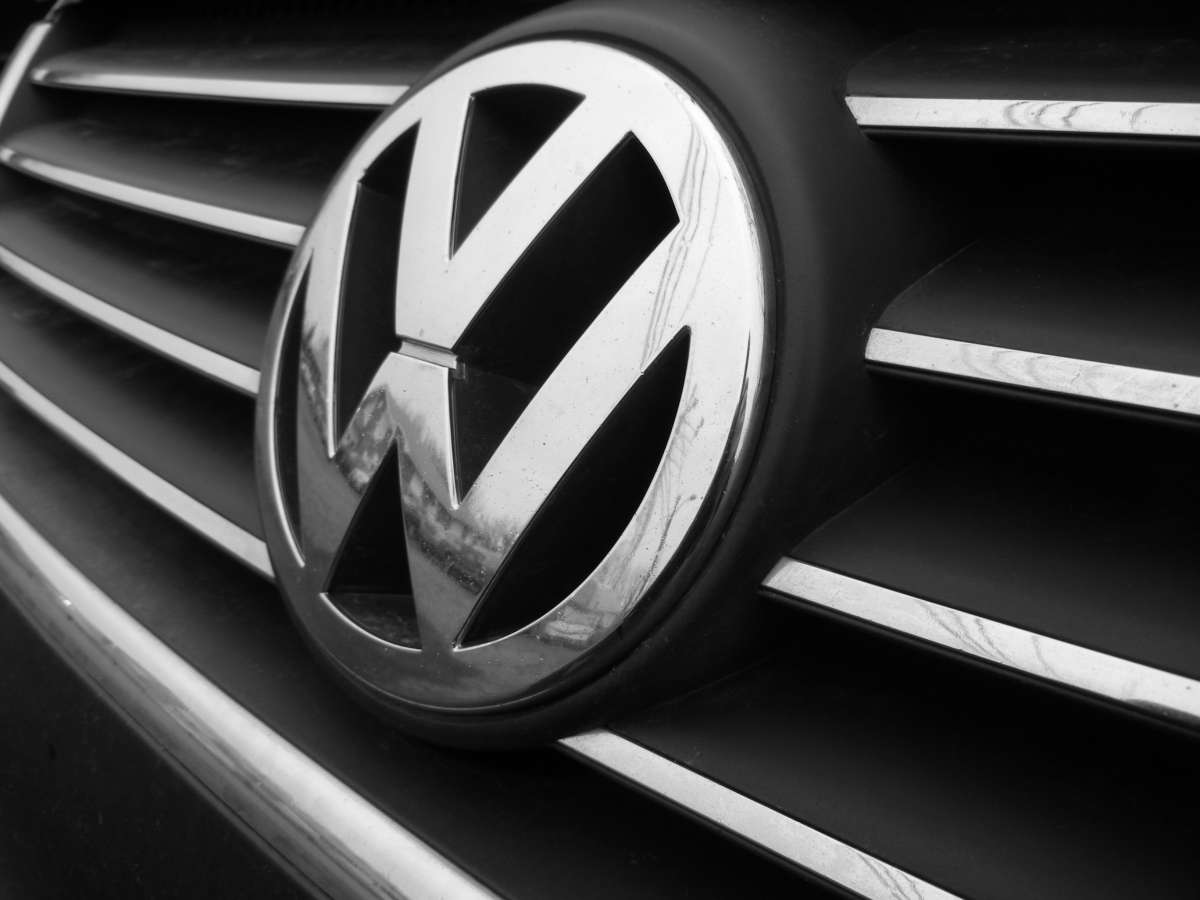

This has been a particularly dramatic week for floundering automotive giant Volkswagen—one that played out with an air of intrigue and subterfuge that’s becoming almost Nixonian in scale.
On this side of the Atlantic, VW of America CEO, Michael Horn went before Congress yesterday for the first of what will undoubtedly be many confrontations. Speaking before the House Energy and Commerce Committee, Horn gave a timeline of events, including an admission that VW’s chiefs knew of the emissions noncompliance concerns at least as far back as the spring of 2014, when West Virginia University published its study revealing that on-road emissions were significantly higher for VW diesels than they were when the vehicles were tested on a stand.
But he also said that he—at least—was unaware that a software “defeat device” was installed in the vehicles to ensure they met emissions tests, and in fact seemed to point to just a handful of rogue engineers in Germany as the guilty parties.
Congress was skeptical—as it should be. To suggest that a few rogue engineers would decide to do this—and even could do this—without the knowledge of others in the engineering and executive administrative divisions of the largest carmaker in the world, where every bolt, washer, and line of code inserted into a new vehicle is scrutinized within an inch of its life, is laughable.
During Horn’s testimony, he also disclosed information about a second computer program in their diesel cars, which was later confirmed by the EPA and the California Air Resources Board. The software is considered an auxiliary emissions control device by state and federal laws, which means it can modify how emissions equipment in the car performs. However, neither Volkswagen nor regulators have stated whether the software was intended to defeat emissions controls tests.
Authorities on the other side of the Atlantic seemed to agree, because while Horn was struggling to navigate the wrath of Congress, police in Germany raided the VW headquarters in Wolfsburg to gather evidence of the who-knew-what-and-when variety.
Police don’t raid giant corporate headquarters on a whim—state prosecutors clearly aren’t happy with the extent to which VW has been forthcoming with information. The company is one of the biggest employers in Germany, and a significant contributor to the national economy so authorities are wasting no time getting to the bottom of the situation, and forcing VW to come clean, so to speak. The stakes are huge right now—the company has already taken a $25 billion bath in the stock market since the scandal broke just a few weeks ago, and Credit Suisse estimates that the total damages could ultimately reach $87 billion.
Much of that will come from civil penalties from the affected countries, class-action lawsuits, and, of course, the costs of fixing the cars with the defeat software. This week also saw the European mothership roll out its initial plan for dealing with those estimated 11 million diesel cars around the world. The company stated that recalls would begin in January 2016 and be completed that year—though that is just for vehicles in Europe.
No estimates or concrete plans have been announced by VW of America just yet—though VW of America did officially withdraw diesel vehicles from its 2016 lineup this week. Owners, however, have been encouraged to register at an informational website that VW says will keep them apprised on the remedies, but Horn said that making everything right again will “take a long time.” We can only assume he was referring both to the hardware and the company’s reputation.
